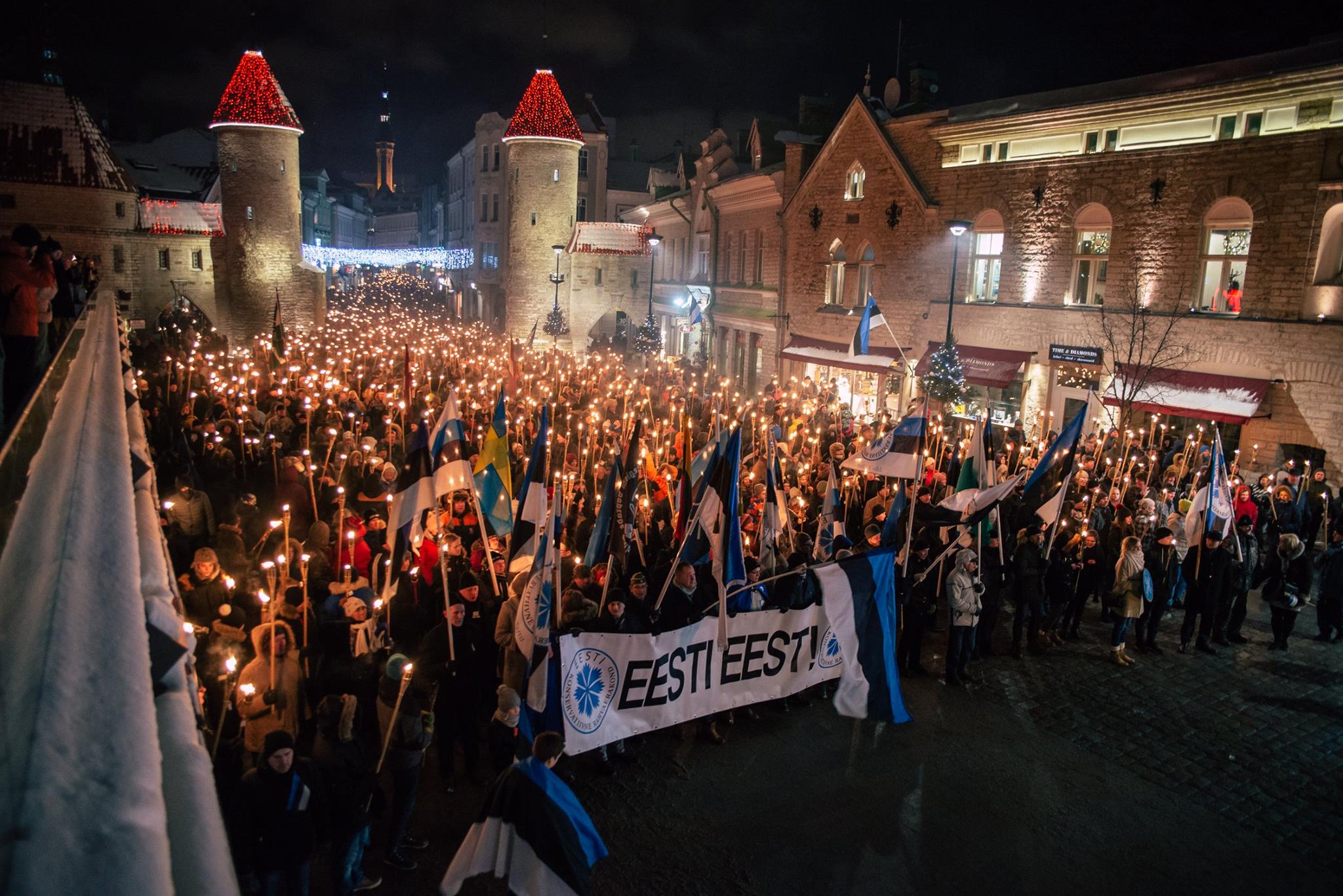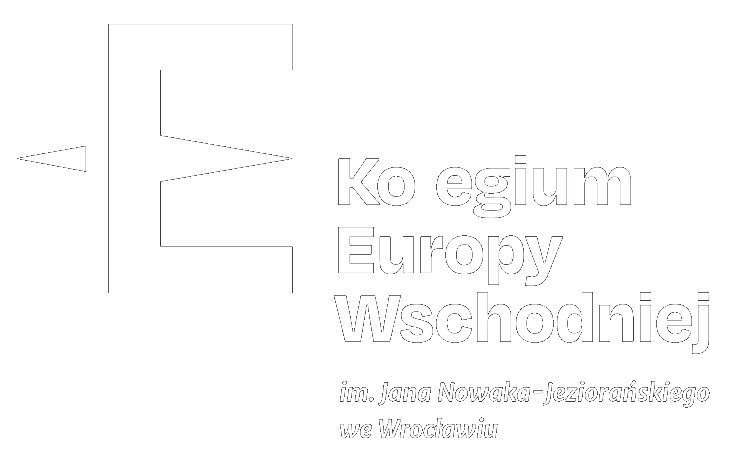
Dmitri Teperik
The instrumentalized ambitions of the Estonian Conservative People’s Party (in Estonian: Eesti Konservatiivne Rahvaerakond or EKRE) indicate that short-sighted politically irresponsible rhetoric and ideologically provocative behaviour can contribute to destabilizing political scenes and distorting social debate in a democratic country. Moreover, the case of Estonia also shows that many citizens might not be properly equipped to deal with the risks of political disinformation.
One of the most significant recent events in Estonia’s political landscape is the strengthening of EKRE as a populistic party imbued with far-right rhetoric. Some successful tactics of highlighting marginal frustrations and growing anti-establishment sentiment have allowed ultranationalist politicians to unite and form a populist party that entered the legislative body (2015) and even joined the governing coalition for a period (2019-2021). Since 2021, EKRE has been adopting a more radical ideology in an attempt to occupy and dominate the far-right ecosystem within the country’s political spectrum, all with a desire to manipulate public opinion and electoral behaviour. While this phenomenon has been known for decades in other European countries, it has become a new challenge for Estonia. While democracy requires a plurality of opinions to function properly, it can become endangered by the systematic abuse of political rights and freedom of speech. Although EKRE’s popularity still has relatively limited outreach and even decreased considerably in recent months (from almost 27% to around 18% in the polls), it enables them to challenge well-established political traditions of meaningful consensus and push red lines regarding policies and politics in general.
Typology of a universal challenge
Since the beginning of the 21st century, European far-right populist parties have been even louder in promoting an “Us Versus Them” narrative and have been thriving on exacerbating social divisions and fostering polarising hostility between different groups. As the promotion of various discriminatory policies towards different minorities (including immigrants, ethno-linguistic and religious minorities and the LGBTQ+ community) is very often on the political agenda of populist far-right figures and organizations, their actions undermine the very essence of equal rights in Europe. They push for xenophobic policies, encouraging greater restrictions on civil liberties and fostering an atmosphere of intolerance and exclusion. Consequently, their policies can even lead to serious social unrest.
By prioritizing national interests at the expense of international cooperation, far-right populists often espouse ideas of greater protectionism or even economic nationalism aimed at disrupting EU integration and deeper cooperation between member states. As nationalist encapsulation is perceived by populist far-right parties as a desirable state of affairs, they often deny or downplay the urgency of addressing global issues such as climate change or international trade rules. When challenged domestically, these parties try to erode media freedom by restricting the independence of the press, undermining the credibility of the journalistic community and spreading disinformation through fringe media channels. Fearing transparency and accountability, populist far-right parties can attack the rule of law by advocating for policies that weaken legal checks and balances.
Another danger emanating from populist far-right parties comes from their direct links or indirect affiliations with foreign autocratic regimes (e.g., Russia), which can result in their involvement in malign influence activities against democratic societies. For example, several investigations have revealed links between Russia and some European populist far-right parties, which have received financial support from the Kremlin or its proxies in Europe. In addition, some far-right politicians have expressed direct or indirect support for Russia’s war against Ukraine and advocated for the lifting of EU sanctions imposed on Moscow.
There are also a number of allegations regarding ideological narrative alignment between Russian disinformation campaigns and populist far-right parties in Europe. It still remains vague whether these narratives are fully controlled, coordinated, inspired or just co-exist in parallel. However, it is certain that these messages have a mutually re-enforcing nature of malign intent that influences public opinion, sows division, and exploits existing grievances within European societies. A noticeable alignment of ideological narratives raises some concerns about external interference in elections in EU countries, as it might have the potential to encourage destabilization. As a result, it can therefore be treated as a challenge (if not a threat) to democracy.
EKRE and its alignment with Russia’s narratives
The case of EKRE, a nationalist and right-wing populist political party in Estonia, provides some food for thought on the complexity of far-right dynamics and their mechanics in terms of values, senses, messages and communication flows. Founded in 2012, EKRE has survived through several political cycles in Estonia, and, as of January 2024, has almost 10,000 members and 16 seats in the national parliament (Riigikogu). Now, one in seven Estonian MEPs are members of EKRE. Moreover, the party was part of the governing coalition between 2019 and 2021. As the Helme family (Mart being the father and Martin the son) have held on to the leadership of EKRE for more than ten years, the party has been criticized for nepotism and non-transparent, biased decision-making. Although the group is currently in the opposition, according to the latest available polls, it is the second most popular party in Estonia. Since EKRE has been allegedly getting some ideological inspiration from the Finns Party, it is hoping for a similar success story in Estonian politics.
The alignment of political or ideological narratives does not necessarily imply direct coordination. It might be “just” a coincidental result of shared ideological positions or parallel interests but certain issues and topics have been repeatedly exploited by Kremlin-affiliated or inspired media alongside EKRE in their public rhetoric and information campaigns:
- Anti-EU sentiment – EKRE has been campaigning against deeper integration with the European Union, arguing for more national sovereignty and even suggesting reversing reforms. At the same time, Russia’s interest lies in weakening EU solidarity and influence.
- Migration – EKRE has been vocally expressing strong anti-migration views that align with Russia’s efforts to stir up anti-immigrant sentiment in Europe. Additionally, Russia has been weaponizing illegal migration against the Baltic states, Poland and Finland to make the issue even more toxic in the information sphere.
- Opposition to multiculturalism and cosmopolitanism – EKRE has been strongly opposing multiculturalism and cosmopolitanism. In response, it has demanded greater protections for Estonian culture and traditions. This position is very similar to Russia’s own narrative promoting quasi-religious ethno-nationalism (e.g., Russkiy Mir).
- Anti-globalism – Both EKRE and Russia have been arguing for a more nationalistic approach in defence of ‘national interests’. This comes at the expense of international cooperation and integration. As many citizens have been disappointed by the unpreparedness and lack of coordination between governments during recent crises (e.g., the COVID-19 pandemic and energy crisis), public dissatisfaction has been exploited by populist far-right parties such as EKRE.
- Emotional politics of conservative values – EKRE has been promoting a very conservative line on social values that resonates with Russia’s socio-political conservative stance, including strong opposition to LGBTQ+ rights and support for the “traditional” family.
- Illiberalism – Both EKRE and Russia have often criticized Western-style liberal democracy and its associated institutions as being corrupt and elitist.
In addition to the mutually reinforcing political themes, there are also some similarities in the methods used by EKRE and the Kremlin regime to manipulate information and media narratives in order to influence public opinion. Unsurprisingly, the traditionalist narratives of EKRE have become popular among some groups of local Russian speakers in Estonia, who have been targeted by pro-Russian disinformation campaigns for decades.
Democratic resilience: Estonia’s case
Given the complex background of political orientations and ideological alignments, countering the malign influence of populist far-right parties requires a long-term comprehensive plan. The mainstream of policymaking in Estonia is based on the understanding that a functioning ecosystem of resilience encourages evidence-based and transparent decision-making policy. This will ensure that policies are built on sound research, data and expert advice. This can counter populist tendencies to make decisions based on emotions or manipulated narratives. Moreover, addressing socio-economic inequalities can mitigate the criticisms that EKRE as a populist far-right party often exploits to gain support.
Estonian experts recognize that the country’s society should continue to invest in civic education programmes to develop critical thinking skills and media and information literacy. The rise of these skills will empower and enable citizens to recognize and resist manipulative tactics. Furthermore, protecting liberal democratic values across European society also means the involvement of strong independent media and ensuring its freedom to operate without interference. Any plan should also encourage fact-checking initiatives and promote responsible journalism to counter the spread of political disinformation.
Some Estonian politicians lack sufficient experience of inclusive dialogue to foster political engagement, which can also help to counter the divisive rhetoric of populist far-right parties. Finally, if political and intellectual elites demonstrate to Estonian citizens the benefits of international cooperation and partnerships to address common global challenges, this will help counter the isolationist rhetoric of the far right. As there are various tools to strengthen democratic resilience, they should be used in a non-discriminatory and coordinated manner to ensure transparency, inclusiveness and cohesion within Estonian society.
Dmitri Teperik studies socio-psychological factors that shape societal resilience and cohesion, cognitive security and media consumption. His main focus areas include Ukraine, the Baltic states and the post-communist countries of Eastern Europe as a whole.



